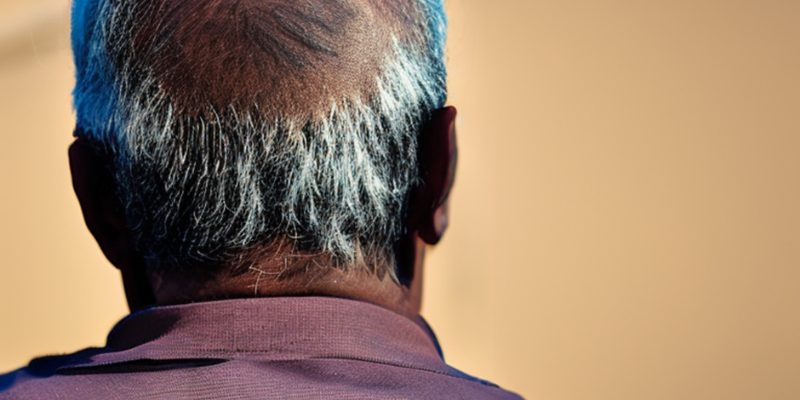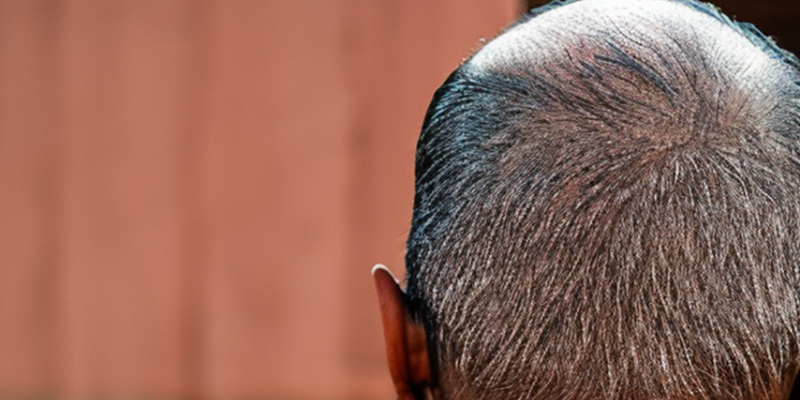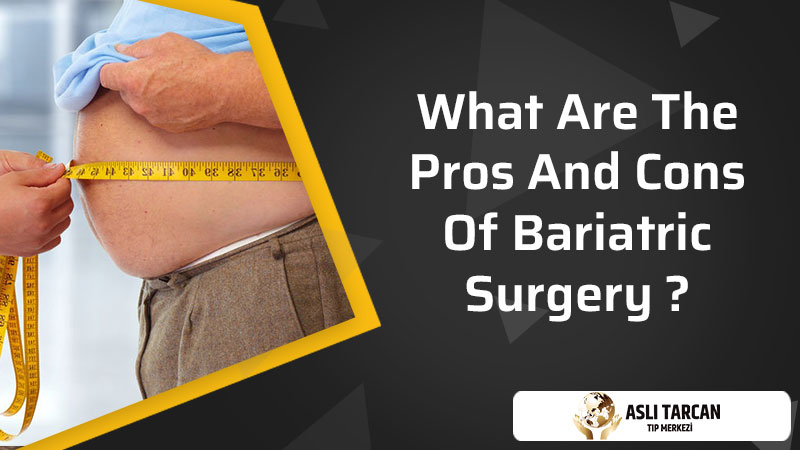What Are The Pros And Cons Of Bariatric Surgery When comparing to other obesity surgery methods, gastric sleeve surgery, or stomach reduction surgery, is the most recommended approach since it has more resources in terms of advantages and fewer resources in terms of negatives. So, what are the pros and cons of bariatric surgery? In comparison to other bariatric surgery applications, it is more body-friendly.
What Are The Pros And Cons Of Bariatric Surgery
The number of people who desire to have a sleeve gastrectomy operation or who have been referring to it by their doctor is growing by the day. Surgical candidates, on the other hand, are perplexing, and the hazards of sleeve gastrectomy operation are questioning. The specifics of sleeve gastrectomy surgery, which, like all surgeries and even bariatric surgeries, carries some risks, are crucial. If you ask what are the pros and cons of bariatric surgery, we can explain it as follows.
What are the Benefits of Stomach Tube Surgery?
- There is no foreign stuff in the body.
- The digestive system’s natural functioning is not impacting.
- Because close surgical procedures are use, there are many fewer and smaller wounds on the body’s surface. As a result, the recuperation period is rather brief.
- You can simply say goodbye to most of the excess weight in the first year after sleeve gastrectomy surgery, that is, you can lose weight.
- The hospital stay is substantially shorter than with other bariatric surgery approaches.
- Pain levels are lower than those experiencing during previous stomach procedures. Because the pyloric valve, also known as the stomach valve, is retained, the feeling of satiety lasts longer.
- Ulcer-like disorders are reducing to a bare minimum.
- There are no likely causes, such as anemia, osteoporosis, or a vitamin deficit.
- For obese people with a BMI more than 55 kg/m2, it has shown to be quite helpful and successful.
- The sense of satiety is completing by consuming considerably less food by closing the stomach tube.
- The objective of appetite loss is automatically realizing since the Grehlin hormone, which is responsible for delivering the feeling of hunger, is diminishing.
- Healthy eating is made much more possible when you consume a well-balance diet.
- You can eat whatever you want, but only a small amount of it.
- The gastrointestinal tract’s normal state is retaining.
- Compared to other bariatric procedures, the rate of problems and adverse effects during and after the procedure is lower.
- The majority of the excess weight gained following a sleeve gastrectomy is eliminating within a year.
We can say these to the answer to your what are the pros and cons of bariatric surgery question. Let’s take a look at the disadvantages.
When Compared To Gastric Bypass Surgery, The Benefits Of Gastric Sleeve Surgery Are Numerous
Gastric bypass surgery disables a portion of the small intestine, as is well known. This is a risk factor that raises the chances of problems. However, this complication is unlikely to become more common after a sleeve gastrectomy. Sleeve gastrectomy surgery is far more comfortable for both the physician and the patient than gastric bypass surgery. Furthermore, it is a considerably shorter procedure. Gastric bypass surgery requires a longer hospital stay than sleeve gastrectomy surgery. In terms of both effectiveness and patient comfort, it outperforms gastric folding surgery. While the residual stomach structure is altering in gastric folding surgery, sleeve gastrectomy surgery can restore the typical stomach shape and volume. When necessary, it can be converting to other obesity operations.
What Are The Cons Of Stomach Tube Surgery?
Let’s explain the disadvantages for your what are the pros and cons of bariatric surgery question. A big section of the stomach is removing during gastric sleeve surgery. As a result, it is impossible to restore the stomach to its original state. Among the various downsides, this one is regarding as the most serious. Patients who enjoy high-calorie liquid drinks and sugary drinks – solid foods – may see less weight reduction. Among conclusion, in people who have a weakness for high-calorie foods, the weakening impact may fade over time. The stomach is a flexible organ that may expand. As the tubed stomach swells over time, the weight loss benefit may diminish. As a result, the patient should maintain a balance and healthy diet following surgery.
It’s a procedure that uses more advance technologies than gastric folding surgery. For more than ten years, it has been the most popular bariatric surgery. As a result, the actual success rates based on decades are unknown. Patients who underwent successful sleeve gastrectomy surgery, on the other hand, were found to have weakening during a five-year period. Its long-term accomplishments, which span decades, have yet to be establishing. This is how we explaining the disadvantages for your what are the pros and cons of bariatric surgery question.
What To Think About After Surgery
Obesity can be treating in a variety of ways. Patients are offering sleeve gastrectomy surgery, which is commonly favoring, as a highly effective treatment. Despite the fact that this surgery is not particularly risky, there are several difficulties that the patient and their relatives should consider following the procedure.
With the assistance of the nurse or companion, the patient walks for at least 15 steps after undergoing sleeve gastrectomy surgery. The goal is to prevent blood clots from forming in the veins of the legs. In this approach, low-calorie liquids are recommending as food. The first of these is water. The patient must follow a liquid diet for seven days after the operation. For the first month after surgery, avoid fizzy drinks. After a one-month period, caffeine and sweeteners are permitting. Carbonate drinks and concentrating fruit juices should be avoiding.
The patient’s dressings should be removed 48 hours following a sleeve gastrectomy. Care should be made to only remove the top layer while removing it. The wound’s bandages should never be disturbing. After approximately 6-7 days, these bands can be removing. The underlying suture material should not be manipulating. Doctor-prescribing medications should be take exactly as directing and at regular intervals. The patient can simply take a bath in the days after this procedure. It will not be a problem if the tapes get wet. On the other hand, it’s important to avoid submerging the seams in too much water. Swimming should also be avoiding at this time.
What are the Side Effects of Hair Transplant Turkey that Must be Disclosed?
The potential side effects of a hair transplant Turkey procedure should always be discussed with a qualified healthcare professional before undergoing the procedure. This is especially important as specific side effects may only be readily apparent or known once the process is completed. These can include swelling, itching, and other allergic reactions in the scalp area, as well as scarring at the transplant site. It is also possible to experience typical complications associated with any surgical procedure, such as infection and bleeding. Before proceeding with any hair transplant surgery, patients must be aware of all possible risks. Additionally, patients should follow their doctor’s instructions regarding the hair transplantation carefully to ensure optimal results and minimize any potential risks associated with this type of surgery.

In addition to discussing the potential side effects of hair transplant Turkey surgery, it’s also crucial for patients to adhere strictly to their doctor’s instructions. An experienced surgeon can reduce the risk of unwanted side effects due to their knowledge and expertise. Selecting a highly-qualified professional when looking for someone to perform your hair transplant in Turkey is the key. For additional questions like ‘how much is the cost of hair transplant?’ consult a hair transplant clinic.





